10 Things You’ll Relate to if You’re an ISFP
ISFPs are (unfortunately) one of the least discussed Myers-Briggs® personality types. They make up 6% of the U.S. population and are known for their practicality, passion, and creativity. They’re quite an intriguing group of people and if you’re one of them, chances are you’ll relate to most of these 10 ISFP qualities.
Not sure what your personality type is? Take our new personality questionnaire here. Or you can take the official MBTI® here.

10 Things You’ll Relate to if You’re an ISFP
#1 – You Are Idealistic and Down-to-Earth
Yes, you’re a dreamer, but you’ve also got an eye on what’s happening right now and what’s realistic. For this reason, you can seem like a paradox to many people. You have a vision of what you want the world to be and how you want to live your life, but you also want to work with what you have NOW and not get caught up in ideas that lead nowhere.
#2 – You’re Sensitive but Tough
You feel very strongly about your values and about treating other people right. Bullying, harsh words, and cruelty all impact you greatly. You have strong empathy and you come across as gentle and sincere. That said, you’re definitely not weak or a shrinking violet. You are practical, resourceful, and you can think quickly in a crisis, which is why many ISFPs excel as EMTs. You are gentle but unyielding, sensitive but factual.
#3 – You Hate Phoniness or “Sucking Up”
Sure, you empathize with people. But you don’t try to pretend to be someone else to make other people happy. You’re you, and being authentic and real is extremely important to you. You don’t feel like you need to be like everyone else, and you crave independence rather than fitting in.
#4 – You Can Be Extremely Sarcastic and Funny
Underneath your gentle, compassionate demeanor you have a sharp sense of wit and humor that can surprise people who don’t know you very well. You’re skilled at using humor to deflect attention away from yourself when people are getting too intrusive or you’re feeling too put “on the spot”.
#5 – You Have a Strong Sense of Adventure
You want to explore new and uncharted territories. You want to go zip lining over mountains, hang gliding over oceans, or backpacking through the jungles. You want to understand people from all walks of life, but you also want those quiet moments of solitude in nature. Just you and the trees or the sand beneath your toes. You crave the freedom to see the beauty and boundless wonder the world has to offer.
#6 – Listening is Important, but you want to DO something to help people!
When someone starts discussing a problem with you, you listen and empathize, but then you try to think of a practical hands-on way you can help. At the end of the day, you know that words can only do so much. If there’s a real, tangible way you can make a difference you will do it if you can.
#7 – You Get Very Strong “Gut” Feelings When Something is Wrong or Someone Can’t Be Trusted
When something isn’t right, you’ll get a strong physical feeling about it deep inside. You may not always know where that feeling is coming from or why you’re having it, but it’s there just the same. You’ve learned to trust that instinct and you also use it when discerning who you can or can’t trust. This is probably a combination of Introverted Feeling (Fi) and Introverted Intuition (Ni). Fi acts as an internal signal that sends out “red flags” whenever something doesn’t align with your values or morals. It’s also good at sensing underlying motives, and Ni is also good at detecting underlying motives or manipulation.
#8 – You Learn By Experience
You want to get your hands on things, to interact with them, to experience them physically, to learn from them. The world is literally your classroom and you find inspiration in nature, activity, architecture, and people. You have your hands on the pulse of the experiences all around you and you are quick to spot opportunities and practical lessons to be learned. As a child, you probably felt that you’d learn much more by exploring the real world on your own terms than by sitting at a desk being taught the same facts over and over again.
#9 – The Older You Get, the More You Love Imagining
As a child, you might have distrusted your impressions or “hunches”, but as you get older you learn that you love to delve into your imagination and consider the future and trust your premonitions. You find yourself drawn to symbols, focal points, and goals for the future and you’d like to make them a reality.
#10 – You are Extremely Observant
You notice all the nuances and details of the world around you. You’re keenly aware of how things feel, touch, taste, and smell. You notice even the tiniest changes in body language from people you are speaking with, and because of your feeling function you’re often able to decode how they are feeling. You love natural beauty and being surrounded by it and you strive to make your environment more beautiful each day.
What Do You Think?
Are there any other points you would add as an ISFP? Let me know in the comments!
Find out more about your personality type in our eBook, Discovering You: Unlocking the Power of Personality Type.
Other Articles You Might Enjoy:
4 Major Misconceptions About Sensors
10 Surprising Truths About ISFPs
A Beginner’s Guide to Identifying Someone’s Myers-Briggs® Personality Type
The Top 7 Gift Ideas for ISFPs








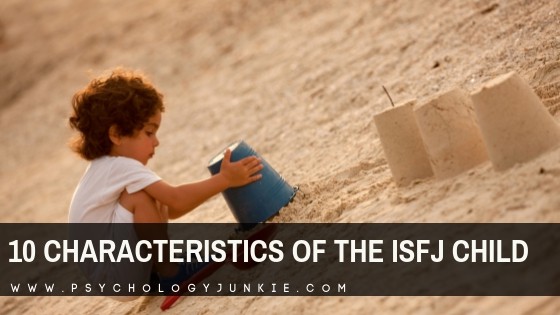

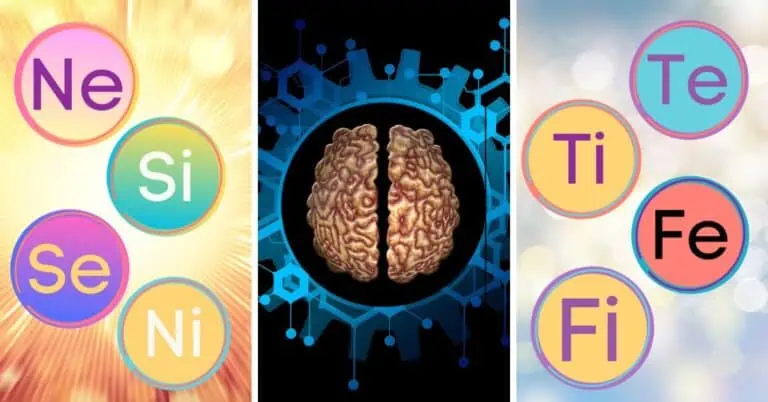
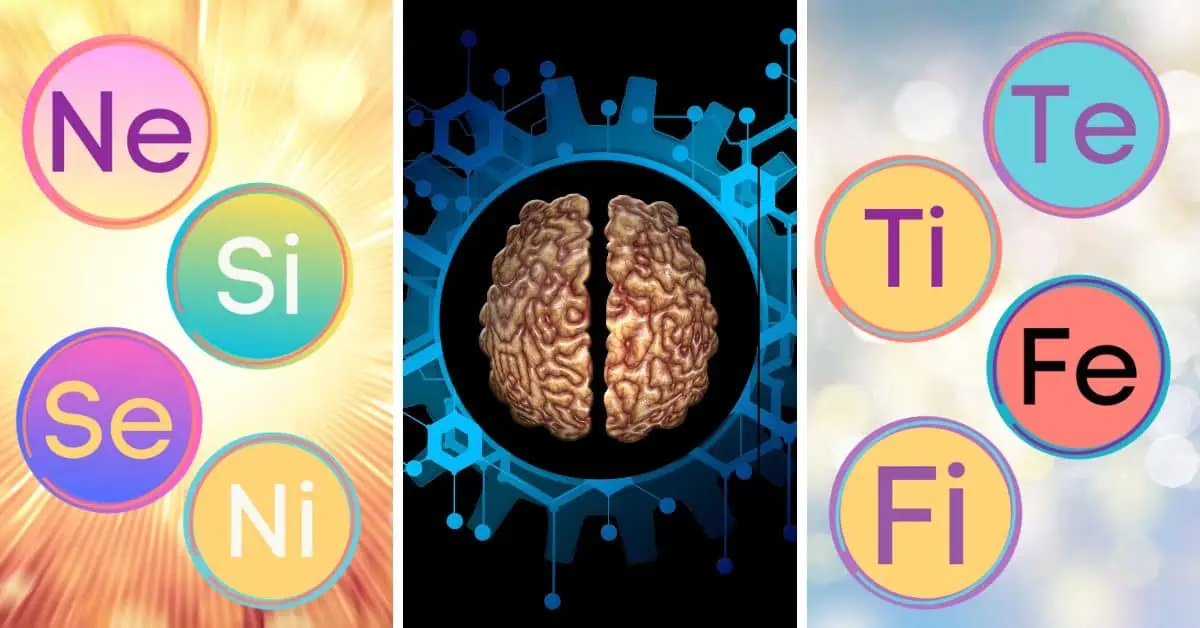
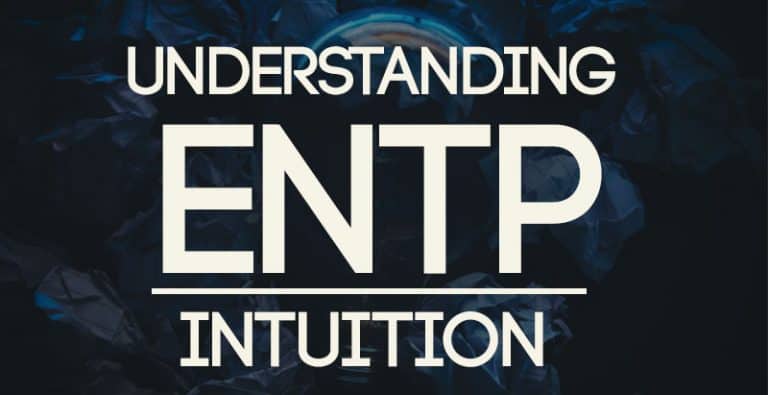
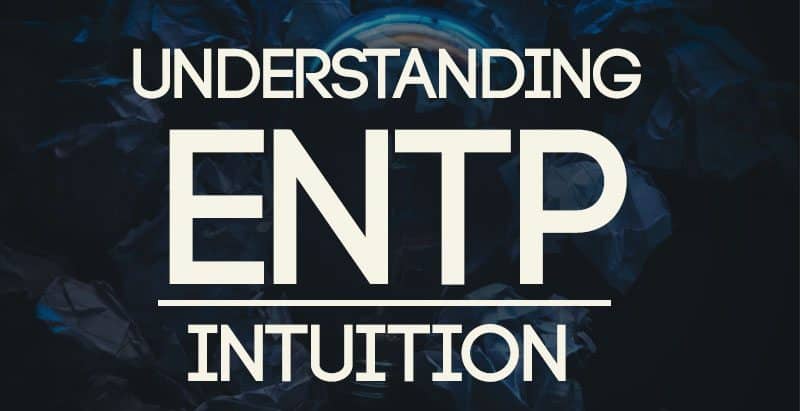
Mike Horn is very probably an ISFP.
I’m not an ISFP, but I want to know more about them. This article helped me learn more about what awesome people they are. Thank you for posting this!
I’m an ISFP, and everything stated here is spot-on. All true, maybe with a little variance, but conveyed very well.
This is so accurate about me ?✌?
Thanks for your input!! I’m glad the list resonates with you 🙂 🙂
100% true
I am an ISFP but I usually don’t fit the ISFP stereotypes but I actually relate deeply to a lot of these so thank you for helping me understand my type better!
I’m so glad you enjoyed the article! 🙂 Thanks for reading!
As an INFP person, there are lot of ISFP traita that suited me well.
totally relate 💯 percent
Yes,yes and YES! I almost always test out as an ENFP, but looking deeper into temperament needs, cognitive functions and whole type, ISFP seems like a much better fit. This article was spot on, and I felt very validated as I read it. Thank you!
yay ! its all true